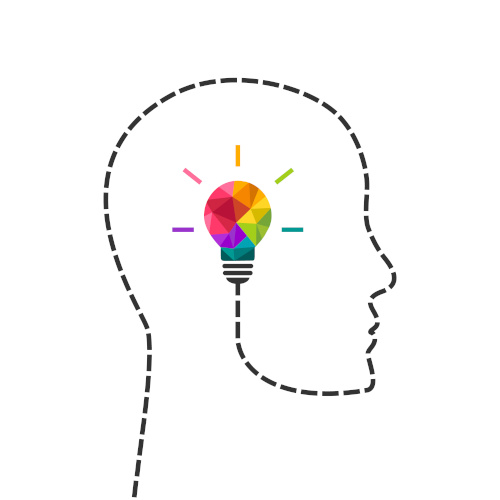Every now and then, a new resource comes along that’s worth a second–or third, or fourth–look.
You might feel that way about Brilliant–a site that helps users learn not through lecture videos, but through hands-on, interactive learning.
Brilliant works by helping learners of all ages master content instead of simply memorizing. It also provides instant feedback so that learners can improve their knowledge through problem solving. Struggle is part of Brilliant’s instructional strategy, because the path to learning STEM isn’t necessarily 100 percent easy.
The site operates on a culture of inquiry, curiosity, and remaining open to failure. In all, 8 principles guide the learning offered on Brilliant.
Effective learning:
1. Excites
2. Cultivates curiosity
3. Is active
4. Is applicable
5. Is community driven
6. Doesn’t discriminate
7. Allows for failure
8. Sparks questions
According to the site, “in school, people are often trained to apply formulas to rote problems. But this traditional approach prevents deeper understanding of concepts, reduces independent critical thinking, and cultivates few useful skills.”
But thinking critically elevates learners, and Brilliant aims to help learners improve their ability to think critically by trying and failing to solve problems. Learners start with simple questions and stories that build a foundation and their intuition, and then they progress to solving problems that seemed beyond their ability.
All courses are created by award-winning teachers, researchers, and professionals from MIT, Caltech, Microsoft, Google, and more.
Examples of popular courses from the past month include:
Mathematical Fundamentals: Learners discover essential tools to master algebra, logic, and number theory that pop up in nearly every topic across STEM. The course is great for anyone starting or re-starting their math education and teaches learners problem solving techniques.
Computer Science Fundamentals: This course requires zero coding and is great for a high school or college student hoping to learn the basics. It’s also great for an early professional who wants to strengthen knowledge of core computer science concepts.
- Friday 5: Virtual field trips - April 26, 2024
- Google, MIT RAISE launch no-cost AI training course for teachers - April 26, 2024
- 4 ways to support work-based learning - April 23, 2024


